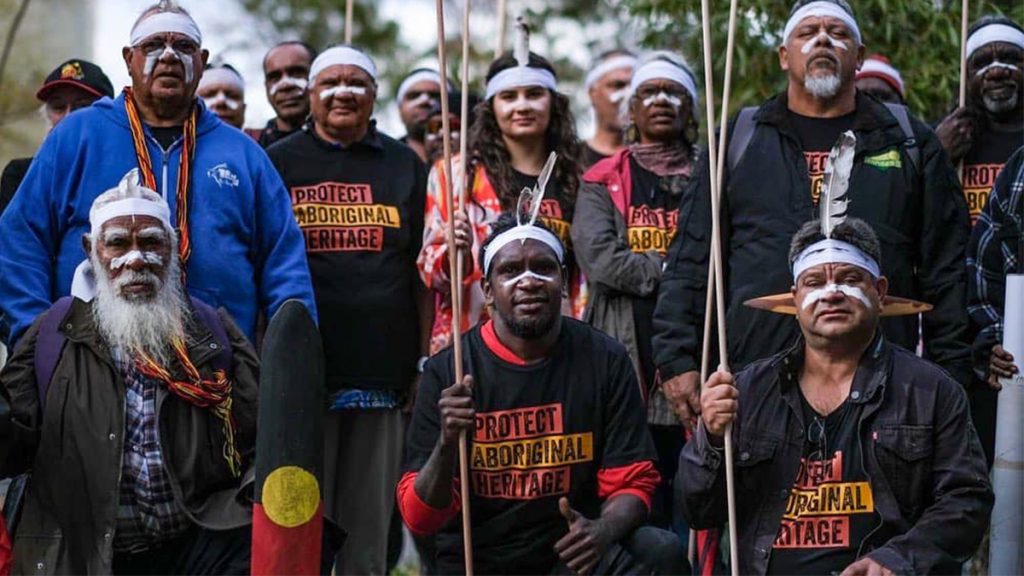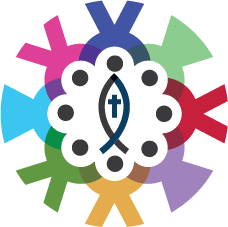A Culturally Informed Approach

From a practitioner perspective, it is important not to rely solely on Western psychiatric classification systems when trying to identify, understand, and work with symptom patterns of distress in Aboriginal and Torres Strait Islander populations. Westerman has written about some of the implications of cultural differences within an Aboriginal and Torres Strait Islander mental health context, identifying the need to recognise culture-bound disorders (for example, longing for country) that ‘often mimic mental health disorders, however, the triggers and maintaining factors lie with the cultural beliefs of the client, and therefore resolution often needs to occur at the cultural level’. Brown’s work on depression and Aboriginal men in central Australia documents the unique determinants and ways in which the expression of depression differs from mainstream populations (for example, the presence of weakened spirit, anger and worry). Atkinson’s research into post-traumatic stress identifies a wider range of associated cultural and interpersonal trauma symptoms that require assessment and attention, including fragmented identity construction, community disconnection and difficulties in maintaining close relationships (Page 59)
The common denominator amongst their findings is that, while there are specific symptom patterns congruent with Western mental health diagnoses that can be detected in Aboriginal and Torres Strait Islander clients (making it all too easy for practitioners to simply tick the box), there are additional symptom patterns of distress that need to be recognised. The meanings, determinants and causal theories attributed to these distress patterns can often differ dramatically. Therefore, practitioners also need to consider the pathways of healing and recovery that are most congruent with the client’s needs and world views. For example, traditional healing methods may be a preferred option for a client, or they may wish to use such practices in conjunction with the services offered by the practitioner. It is important not to assume that self-disclosure or emotional expression is necessarily valued by the client as a healing mechanism, as is often the case in Western therapies (Page 59).
Reference: Pat Dudgeon, Helen Milroy and Roz Walker. (2014). Working Together: Aboriginal and Torres Strait Islander Mental Health and Wellbeing Principles and Practice. Commonwealth of Australia 2014. Page 59.

